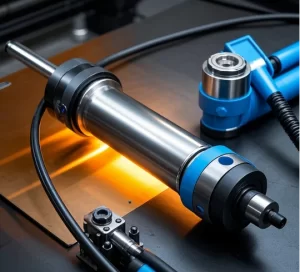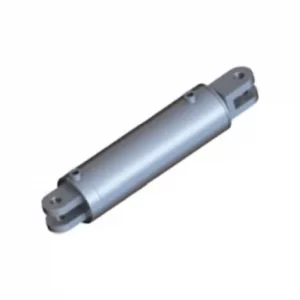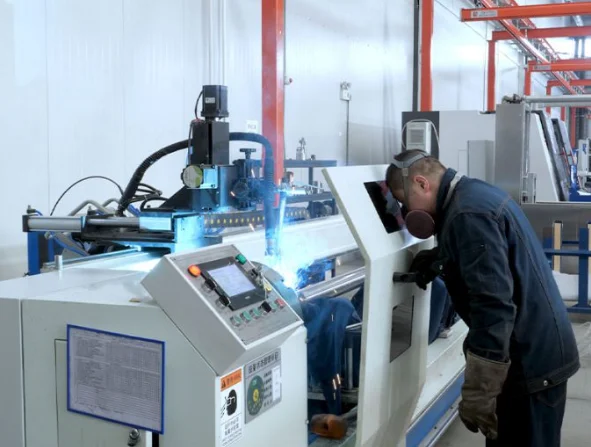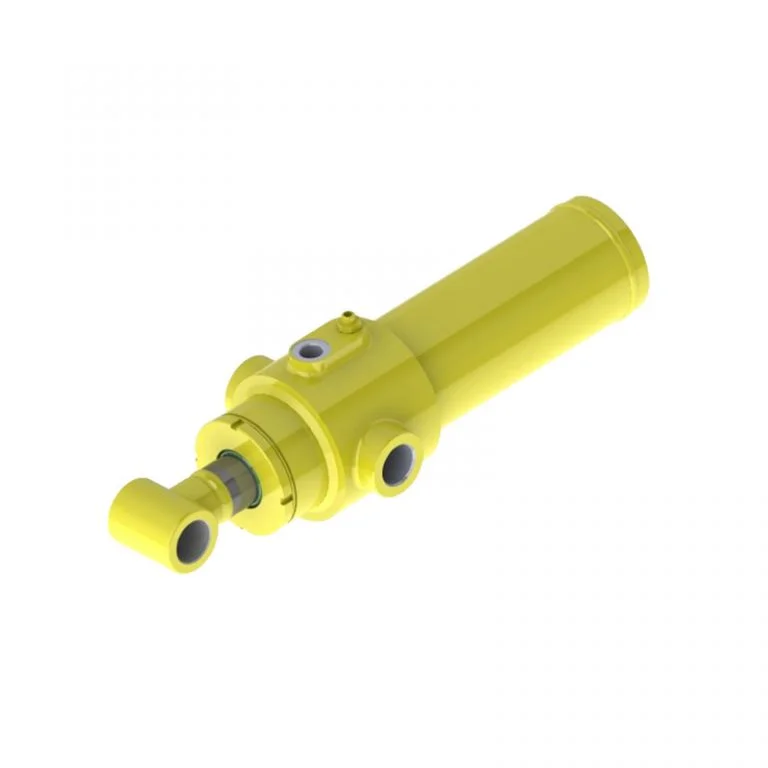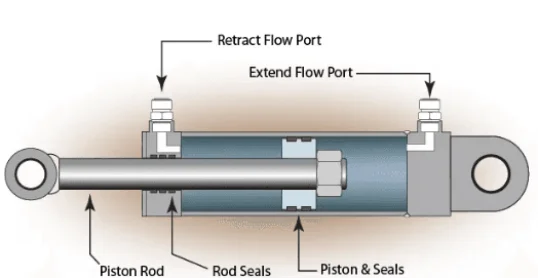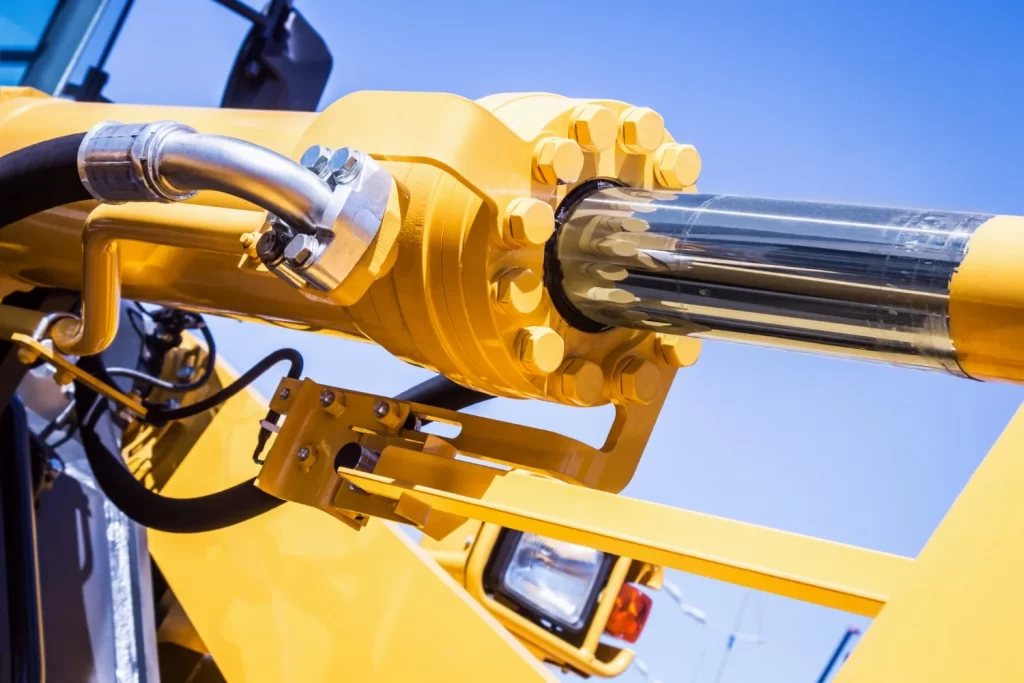Overview of Hydraulic Cylinder Manufacturers
In the fast-paced era of hydraulic cylinder manufacturing, a select group of top companies is shattering what’s possible. They’re coming up with new ideas and sustaining high quality. These people are extremely valuable because they supply pieces for every sort of industry—think construction, farming, cars, and so on. If you’re a business looking for solid, hardworking components for your machines, getting a handle on who’s out there in the hydraulic cylinder game is a must.
Key Players in the Industry
The hydraulic cylinder scene has some big names that stand out. They’re known for their know-how and top-shelf products. Companies like Parker Hannifin, Bosch Rexroth, Eaton Corporation, and Caterpillar are the heavy hitters. They’ve got fancy tech and a huge range of offerings. These outfits have earned their stripes by pumping out reliable, high-performing hydraulic cylinders that tackle all kinds of industrial jobs.
Importance of Hydraulic Cylinders
Hydraulic cylinders are a big deal in tons of different setups across all sorts of trades. They’re the muscle that turns fluid power into straight-up motion. That lets big machines lift stuff, push things around, pull heavy loads, or press down hard. How well these cylinders work—and whether you can count on them—makes a real difference. It affects how your gear runs and how much you can get done in fields like construction, mining, farming, and factory work.
Types of Hydraulic Cylinders
Hydraulic cylinders come in a few flavors, each made for certain tasks. Figuring out what’s what helps you grab the right one for the job.
Mill Duty Cylinders
Mill duty cylinders are built like tanks. They’re meant to handle rough, gritty spots—like steel mills or other tough gigs. They’ve got thick walls and beefy rods to take on high pressure and heavy stuff. Their ruggedness makes them the go-to for jobs where you can’t afford breakdowns.
Tie Rod Cylinders
Tie rod cylinders pop up a lot in industrial work. They’re easy to fix up and put together. They use tie rods to lock the end caps in place, keeping everything steady when the pressure’s on. These are great for medium-sized tasks, especially when space is tight.
Welded Cylinders
Welded cylinders keep things simple and sleek. They’ve got fewer spots where leaks might sneak out compared to tie rod kinds. You’ll see them in mobile gear—like excavators or loaders—because they’re strong and can take a beating. They’re a solid pick when you’re short on room or want something that looks clean.
Understanding Hydraulic Cylinder Components
Knowing the ins and outs of hydraulic cylinder parts is key to keeping them running smooth and lasting long.
Essential Parts of a Hydraulic Cylinder
A regular hydraulic cylinder has a few main pieces: the cylinder barrel, piston rod, seals, end caps, and ports. The barrel’s like a home for the piston rod—it slides in and out with fluid pushing it. The piston rod takes that push and turns it into real work. Seals keep the fluid from sneaking out and stop junk from getting in, all while holding the pressure tight. End caps shut off the barrel’s ends and keep it sturdy. Ports are the doors where fluid comes in or heads out.
How Hydraulic Cylinders Work
Hydraulic cylinders run on a rule called Pascal’s Law. It says when you push on a trapped fluid, that push spreads out even-like everywhere. So, when fluid flows into one side of the piston through a port, it builds up force. That force shoves the piston rod one way or the other, depending on how it’s set up. This back-and-forth motion gets harnessed to lift things or move loads around.
If you’re after something made just for you in hydraulic tech, YANTAI SHINING HYDRAULIC TECHNOLOGY CO.,LTD has custom options to juice up your gear’s performance.
Choosing the Right Hydraulic Cylinder Supplier
Picking a hydraulic cylinder supplier isn’t something to take lightly. It can make or break how well your machines hold up. Here’s what to keep in mind.
Factors to Consider
Quality Assurance: Check that the supplier’s serious about quality. They should be double-checking everything—starting with the raw stuff, through machining, assembly, and right up to the final look-over. A good one’s got certificates and a track record of solid goods.
Technical Expertise: Go for suppliers with a crew that knows hydraulics inside out. Their smarts can help figure out what you need and whip up solutions that fit like a glove.
Reputation and Reliability: Dig into how people see the supplier. Ones that’ve been around and kept customers happy are more likely to come through with stuff you can trust.
Customer Support: Find folks who’ve got your back after you buy. Good service—like help with fixes or upkeep—means you’re not stuck if something goes sideways.
Cost-Effectiveness: Price isn’t everything, but you want a deal that’s fair. Look for someone who keeps quality up without breaking the bank.
Customization Options
Customization’s a game-changer for fitting special needs in all kinds of work. A decent supplier should let you tweak their standard stuff—or even build something from scratch. That could mean messing with size, materials, design, or how it works to match what you’re up to.
Future Trends in the Hydraulic Cylinder Market
The hydraulic cylinder world’s shifting fast. New tech and changing demands are driving it. Staying in the loop can help you plan smart.
Emerging Technologies and Materials
New tricks in materials are making hydraulic cylinders lighter and tougher. Fancy composites and alloys boost how they work while trimming the heft. That’s a win for mobile gear especially.
Smart stuff’s creeping in too. Sensors and IoT—y’know, Internet of Things—bits are getting added to hydraulic setups. They let you keep an eye on things as they happen and guess when fixes are due. This push to smarter hydraulics means less downtime, better efficiency, and safer runs.
Market Growth Opportunities
The world’s hunger for hydraulic cylinders is climbing. Industries like construction, farming, mining, and factory work keep growing. More automation in those spots opens doors for cylinder makers.
Plus, places like Asia-Pacific and Latin America are heating up. They’ve got industrial booms and big building projects going. Suppliers who tweak their gear for those areas could snag a bigger slice of the pie.
Frequently Asked Questions (FAQs)
What should I check when picking a hydraulic cylinder maker?
Look at their quality checks, know-how, how folks rate them, their support after you buy, and if their prices make sense.
How big a deal is customization in hydraulic cylinders?
It’s huge. Custom jobs let makers tweak cylinders to fit your exact setup, making your gear run better and smoother.
What new stuff’s shaking up the hydraulic cylinder market?
Things like high-tech materials—think composites or alloys—and smart add-ons like IoT are changing the game.
Where’s the growth at for hydraulic cylinder suppliers?
Look to big fields like construction, farming, mining, and manufacturing. Also, hot spots in Asia-Pacific and Latin America are ripe with industrial and building action.
How do I dig into YANTAI SHINING HYDRAULIC TECHNOLOGY CO.,LTD’s custom options?
Give us a shout or swing by our website. We’ve got the scoop on custom fixes tailored just for you!

